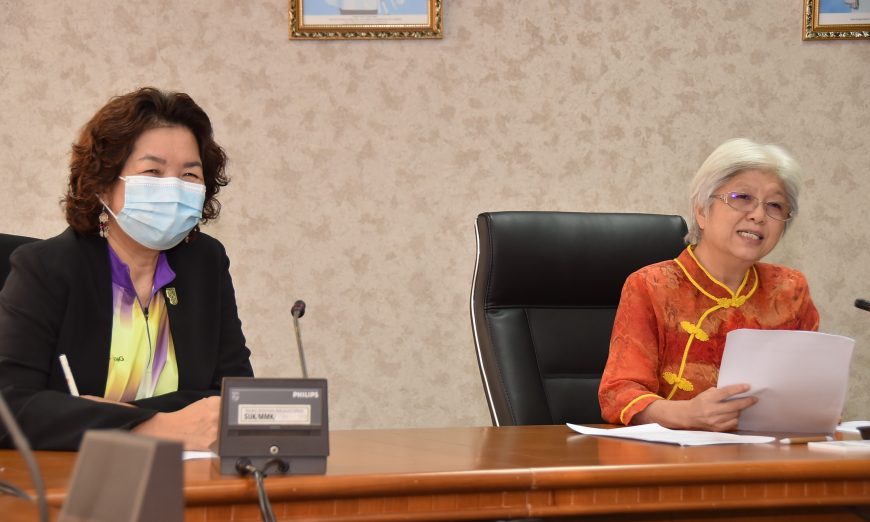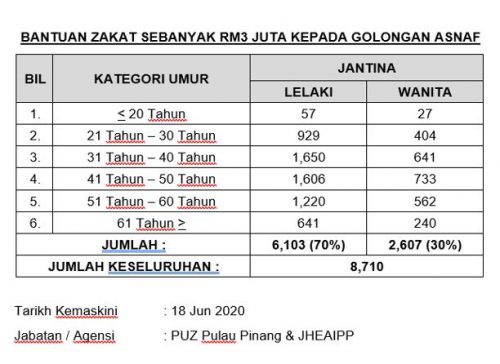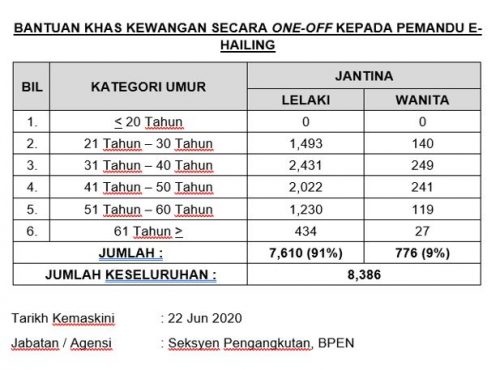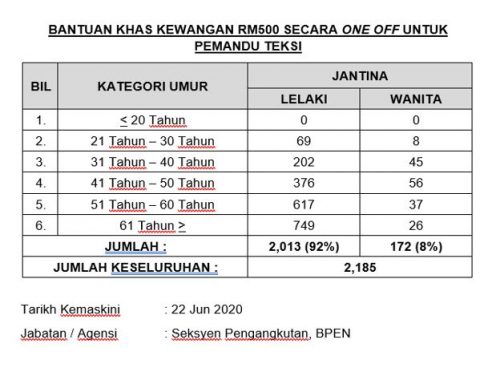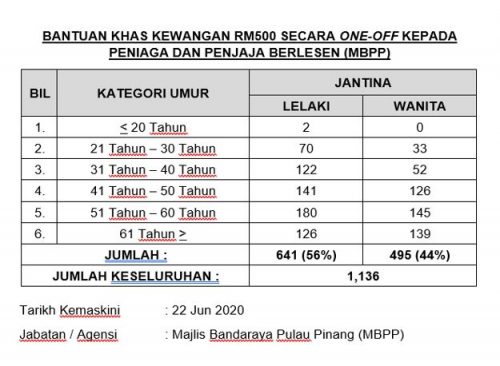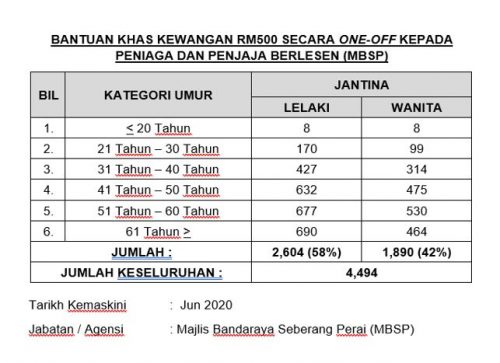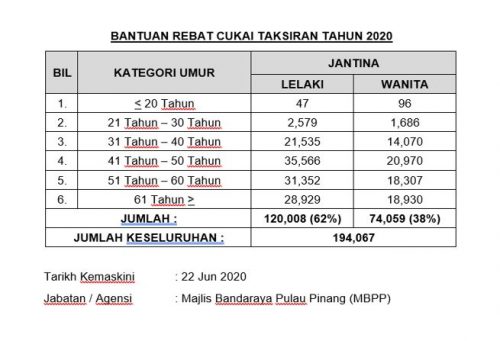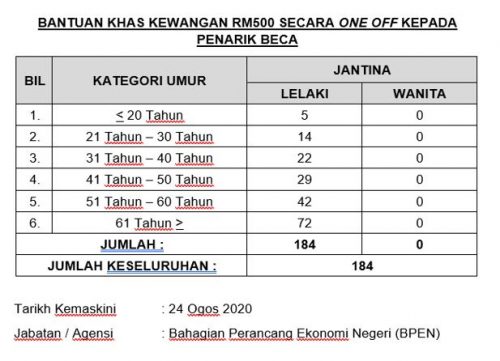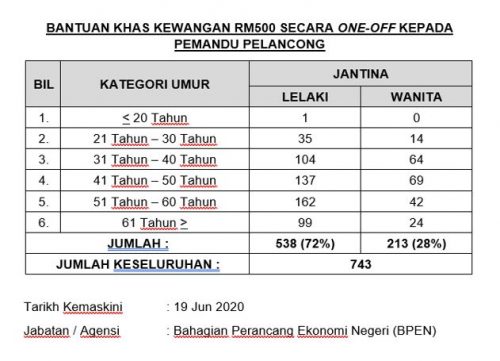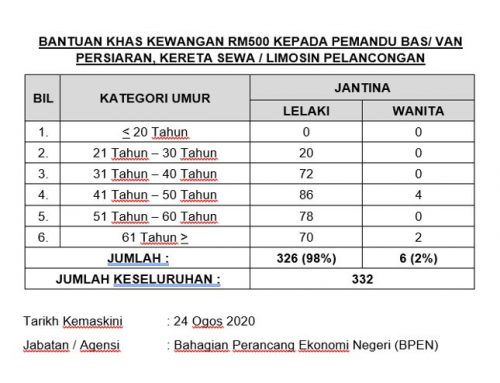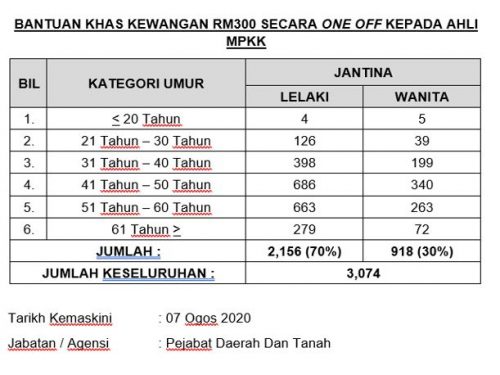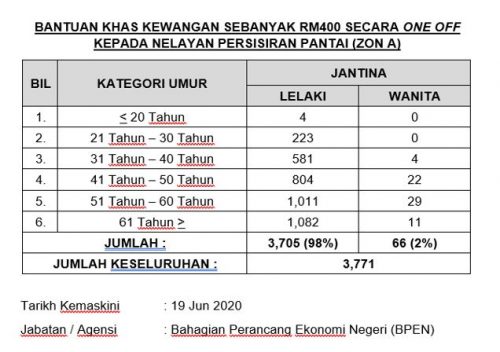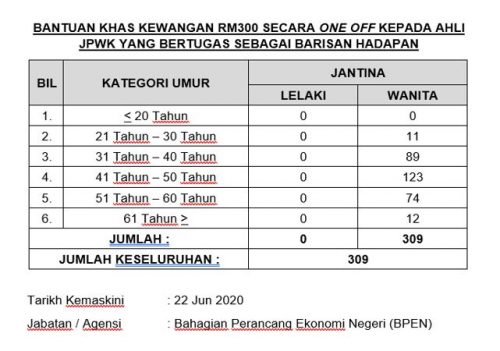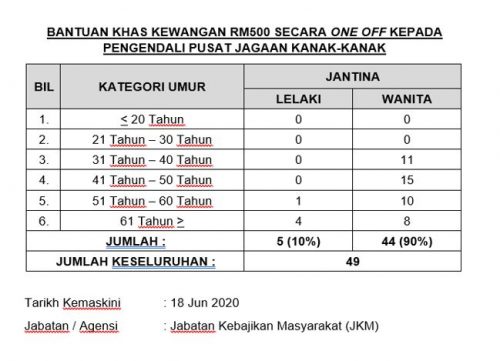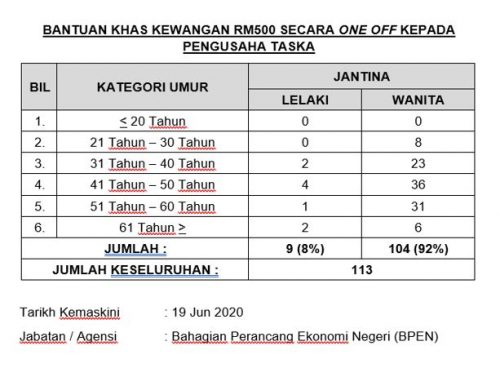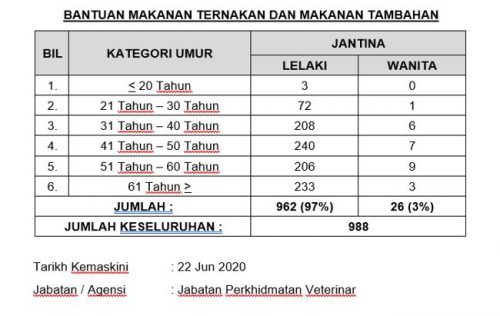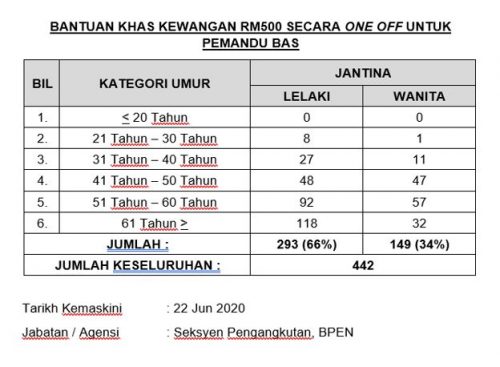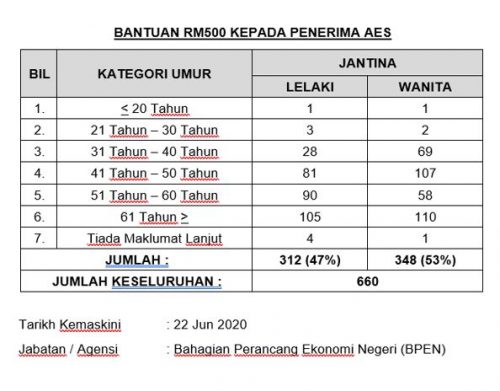THE Penang government has come up with a sex-disaggregated data (SDD) report based on its Penang People’s Aid Package to help those affected by the Covid-19 pandemic.
Chong Eng, the state executive councillor in charge of Women and Family Development, Gender Inclusiveness and Religions Other Than Islam, said Penang was the first state to undertake SDD collection that was important to help achieve gender equality.
“This is a milestone for our gender inclusiveness policy because one of the strategies is the SDD. All this is for the state to achieve gender equality,” Chong Eng told a press conference in Komtar today.
“The SDD collection is also a systematic method for analysing breakdown by gender category and according to their age to see the impact on the implementation of existing policies.
“The SDD analysis can help the state government to introduce new policies to meet the needs of the people in Penang.
“From the evidence-based data, we can know where our money goes. It helps whoever uses the data, whether the government or company, to do better planning.
“If you do not know the data, then it is very difficult to estimate who to help or how many to help. But if we have a more detailed data, then we can at least know our target groups.”
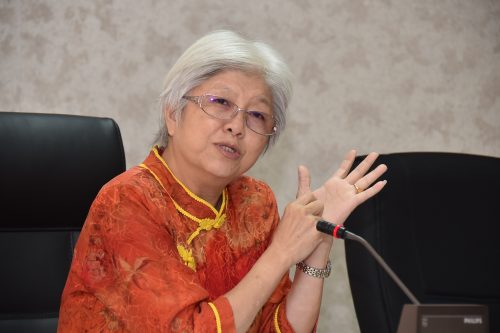
Chong Eng added that to prepare the SDD, the state has to spend thousands of ringgit to upgrade its computer system.
Penang Women Development Corporation chief executive officer Ong Bee Leng, who was also present, said without data, they would not know whether they were on the right track when it comes to gender equality.
“From the data collected, you can see the gaps and what sort of approach we can take.
“For instance, in e-hailing, we see only 9% of the incentive recipients were women. So, what are the steps we can take to encourage more women to join the e-hailing industry?
“With the data collected, we can see more clearly the gaps for men and gaps for women.
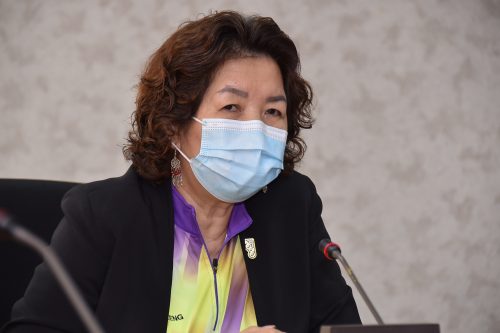
“The Penang government has taken the first step in collecting the data. Penang is the first one to do all this data collection.
“When we say gender, it is about men and women. With this analysis, we can encourage either more men or more women to be involved in a particular industry.”
Interestingly from the SDD, Chong Eng pointed out that out of the 194,067 property owners in Penang who were given house assessment rebate for 2020, 38% or 74,059 were women while 62% or 120,008 were men.
“We did not think that so many women own properties in Penang. For this statistic, we are not sure how many of the women are joint owners with men though,” Chong Eng said.
Chong Eng said for instance, about 20 to 30 years ago, there were more male teachers and male reporters but now there are more female teachers and female reporters.
From the data, she said they would like to further analyse why this scenario has changed and how they could encourage more men to take up the teaching profession or reporting jobs.
She added that there is the social stereotyping that nursing has to be a woman’s profession even though hospitals need a lot of male nurses because half the patients are men.
“Male stroke patients or those who are paralysed need people to help and it will be good if there is a choice for them. Some of them are shy to have female nurses to serve them.
“So, one of the objectives is that we want to open up every occupation to be balanced,” Chong Eng said.
Even if it cannot be balanced, she said it should be in line with state gender inclusiveness policy by achieving a 40:40:20 ratio comprising 40% women, 40% men and 20% open for both men and women.
The SDD shows that out of the RM3 million zakat aid for 8,710 recipients, 30% or 3,607 were women and 70% or 6,103 were men.
The RM300 one-off payment for 8,386 e-hailing drivers saw that 9% or 776 recipients were women and 91% or 7,610 recipients were men.
For the RM500 one-off payment for 2,185 taxi drivers, 8% or 172 were women recipients and 92% or 2,013 were men recipients.
A total of 442 bus drivers received RM500 one-off payment and out of that, 34% or 149 were women and 66% or 293 were men.
The category that appeared to be most balanced was the RM500 one-off payment for traders and hawkers.
Out of the 1,136 recipients in Penang island, 44% or 495 were women and 56% or 641 were men while out of the 4,494 recipients in Seberang Perai, 42% or 1,890 were women and 58% or 2,604 were women.
The most imbalance category was in the RM500 one-off incentive for trishaw peddlers whereby the 184 recipients were all male riders.
Story by K.H. Ong
Pix by Adleena Rahayu Ahmad Radzi

